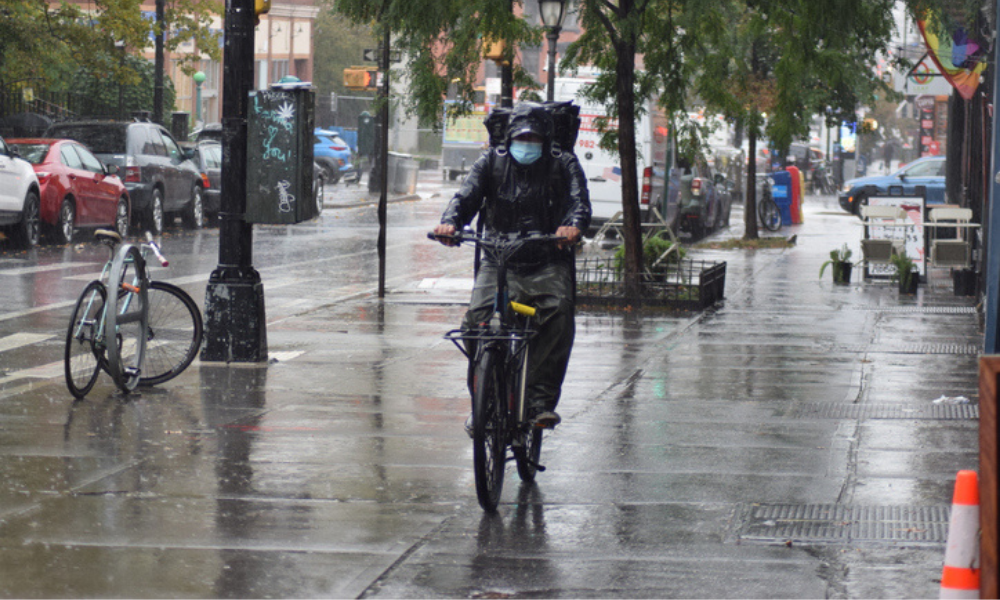
The city provided clearly marked lanes which the plaintiff chose not to use

The Ontario Superior Court of Justice dismissed a $22 million lawsuit against the City of Hamilton brought by a cyclist who became tetraplegic after an accident on an untravelled portion of a highway.
Otto Bello rode into a culvert along Stone Church Road East, causing his permanent disability and need for lifelong care. The case centred on whether the accident occurred on an “untravelled portion of a highway,” which would bar the claim under Ontario’s Municipal Act, 2001.
The court had to resolve two key issues: whether the accident occurred on an untravelled portion of the highway and if the city was liable for failing to maintain the area in a reasonable state of repair. The court found that the accident occurred on an untravelled portion of the highway, effectively dismissing Bello's claim under s. 44(8) of the Municipal Act. This section protects municipalities from liability for accidents on untravelled portions of roadways or areas not intended for public use.
Bello had been riding with a group of cyclists on a grassy path located on the south side of Stone Church Road East, behind a guardrail, when the accident occurred. While the city referred to the area as an “off-road path,” Bello’s experts labelled it an “eroded roadside area.” The disagreement over the classification of the area, however, was ultimately irrelevant to the court's decision.
The Superior Court concluded that the path Bello rode on was not intended for public travel. Evidence showed that the city had provided clearly marked bicycle lanes along Stone Church Road, which Bello and his group chose not to use. Instead, they crossed the road and rode on the informal path adjacent to the guardrail. The court noted that the existence of the bicycle lanes made it unreasonable for the city to foresee that cyclists would use the off-road path.
The court concluded that municipalities are not liable for accidents that occur on non-travelled portions of their land and dismissed the case. The court noted that Bello and his fellow cyclists had intentionally avoided the designated bicycle lanes for their own reasons, resulting in the accident.